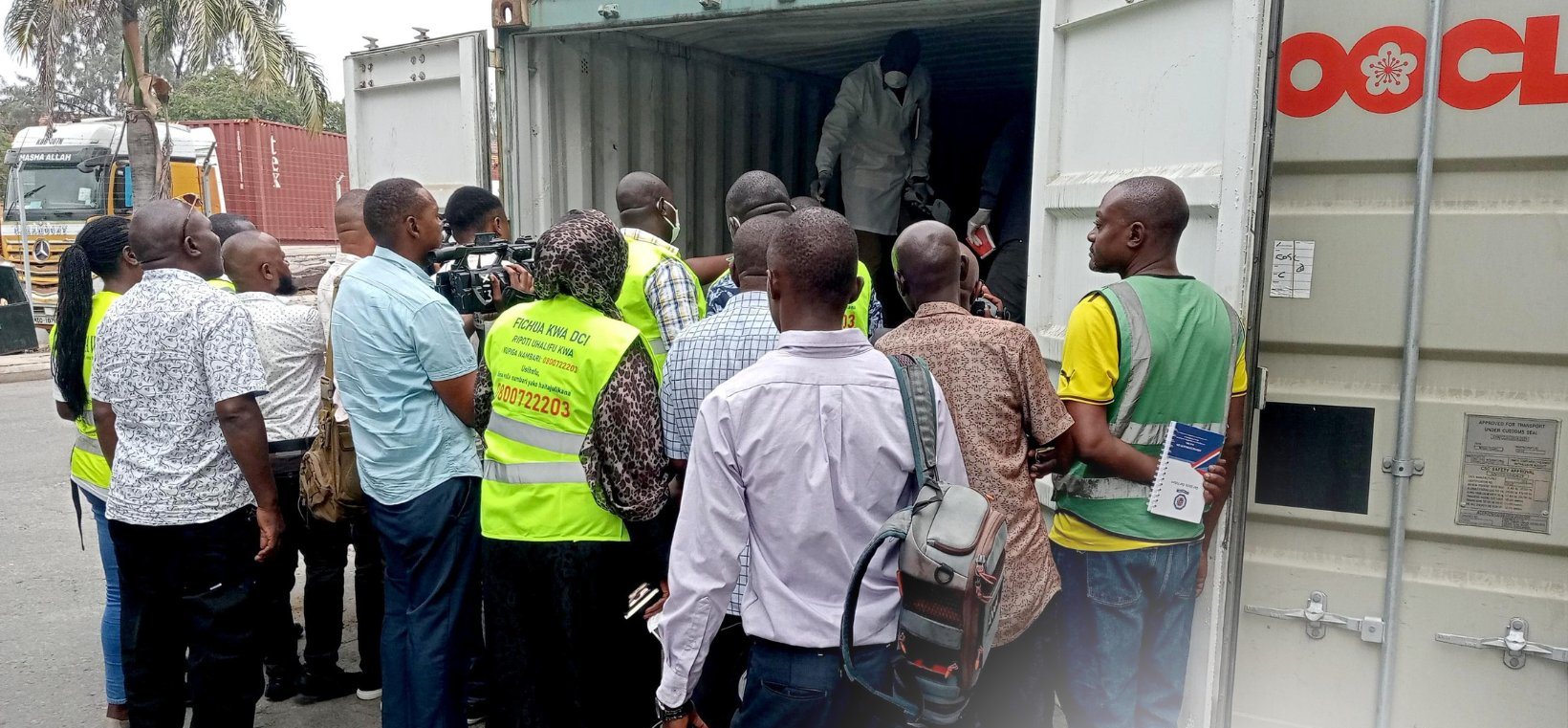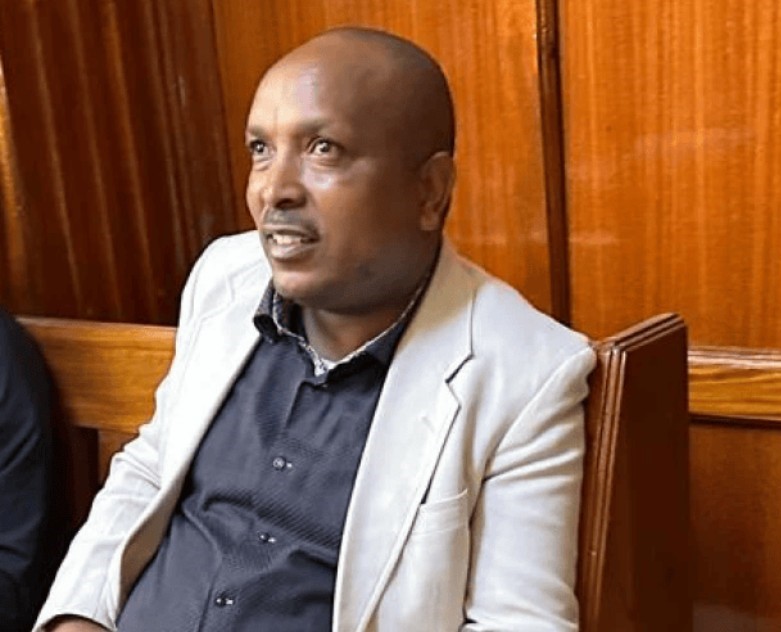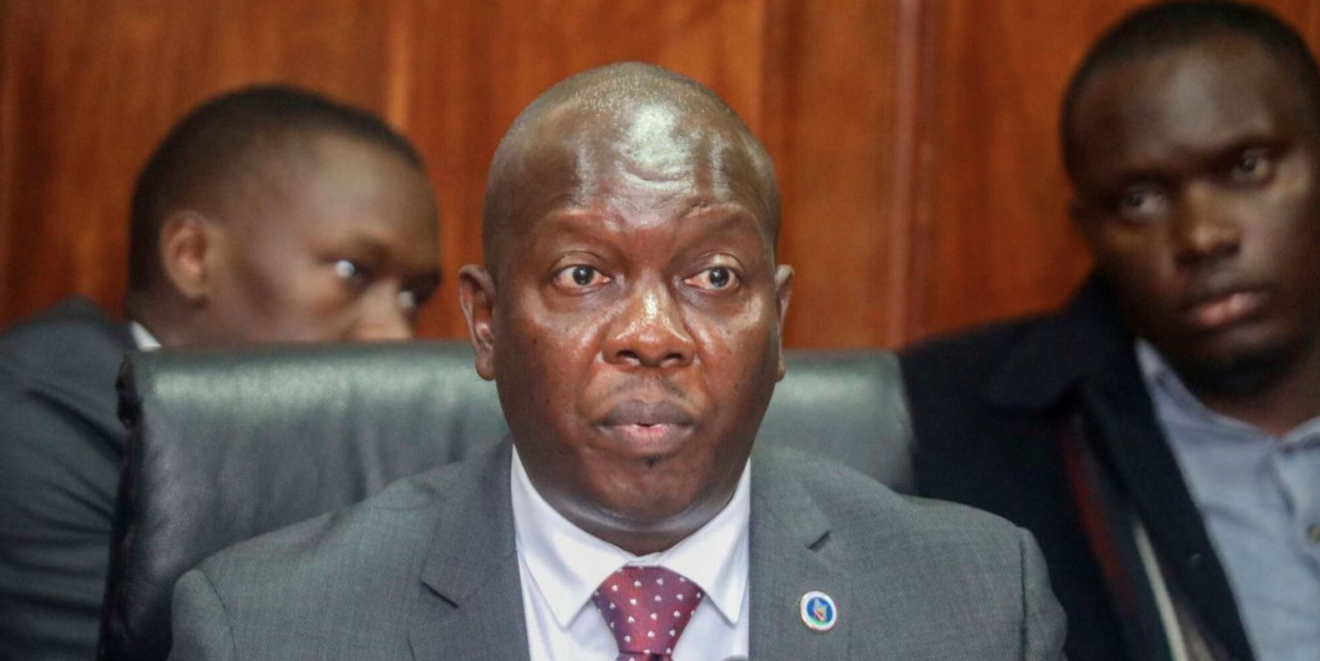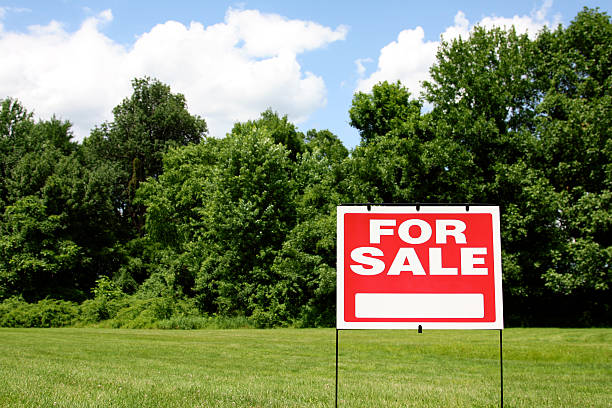Kenyan authorities have exposed a sophisticated mineral smuggling network operating through the Port of Mombasa, with investigators suspecting a well-coordinated scheme to illegally export high-value minerals disguised as lower-value commodities. The discovery follows recent concerns raised by Cabinet Secretary for Mining, Blue Economy, and Maritime Affairs, Hassan Joho, who warned that Kenya is losing vast mineral wealth due to rampant unregulated mining, calling it a national crisis.
Intercepted Cargo Reveals Hidden Copper Smuggling
A joint operation by the State Department of Mining and the Directorate of Criminal Investigations (DCI) led to the interception of several shipping containers two weeks ago, just before they were loaded onto a vessel bound for China.
The cargo was declared as manganese, but upon inspection, investigators discovered copper ore, which is illegal for export without government authorization.
Speaking at Mombasa’s Port Police Station, Regional Mining Officer Paul Karue confirmed that the false declaration stated the minerals were sourced from Kwale County. However, advanced mineral analysis uncovered significant traces of copper ore and other valuable minerals. “This was a well-orchestrated operation aimed at avoiding scrutiny,” Karue stated.
A specialized Mining Police Unit, led by former Kilimani DCIO Fatma Ali, used portable XRF analyzers to confirm the cargo contained crushed copper ore, processed into powder and pellets to evade detection.
Authorities believe the smuggling was part of a larger scheme to bypass export regulations and evade taxes. Unlike manganese, which has a lower market value, copper is a high-value strategic mineral.
Under Kenyan law, only the National Mining Corporation is authorized to export copper, making this an illegal export operation.
Exporter Under Investigation
The exporter, identified as Stevin Rock, now faces an extensive probe to determine the true source of the smuggled copper ore and whether it was mined locally or trafficked from another country.
Authorities are intensifying efforts to crack down on illegal mineral trade, with Mombasa and other key transport hubs emerging as hotspots for smuggling.
“A detailed analysis will be conducted to determine the exact copper content in these containers,” Karue confirmed. “This will help establish the scale of the deception and ensure all culprits face the full force of the law.”
Illegal Mining Draining Kenya’s Economy
During a recent appearance before the National Assembly’s Departmental Committee on Environment, Forestry, and Mining, CS Hassan Joho revealed that a staggering 95% of mining activities in Kenya are illegal, posing a significant threat to both the industry and the national economy.
Joho cited the case of a rogue miner in Taita Taveta County, who had extracted billions worth of minerals over the past decade without paying taxes.
“This individual mined for 10 years without paying a single cent in royalties,” Joho stated. “He only paid Sh30 million recently after immense pressure, despite making billions over the years.”
With the government ramping up efforts to curb mineral smuggling, the Mombasa port bust serves as a warning to illegal exporters attempting to evade the law. Investigators have vowed to leave no stone unturned in bringing those responsible to justice.





